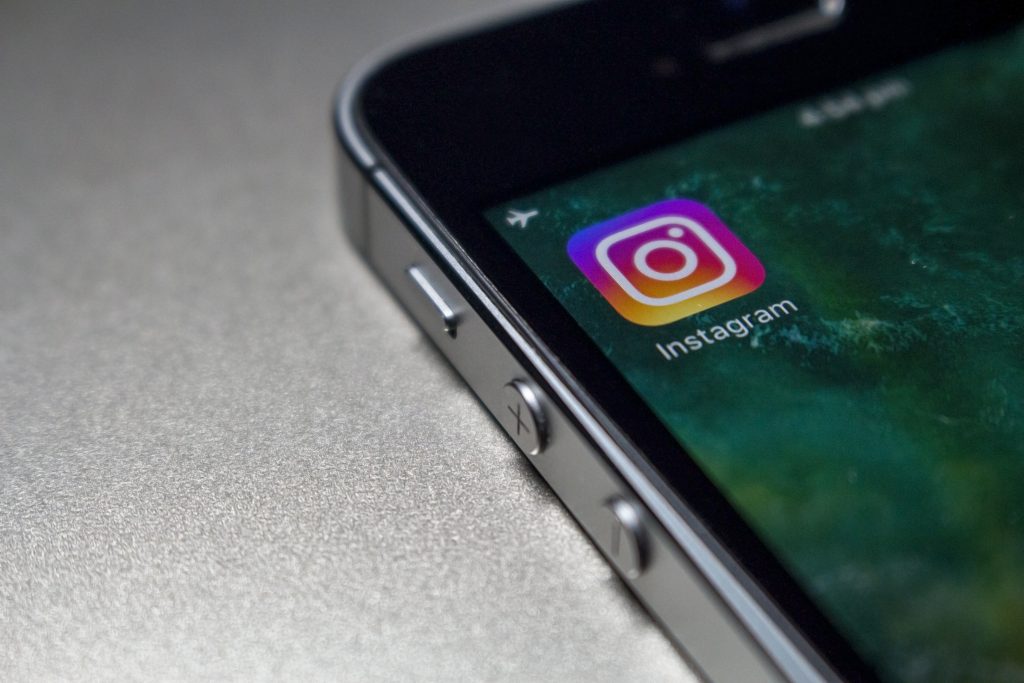
Social media has reshaped how politicians connect with voters. Gone are the days of relying solely on traditional media. Today, candidates harness the power of digital platforms to engage audiences, build support, and, ultimately, win elections.
Social media marketing has become a cornerstone of modern political campaigns. Platforms like Facebook, Twitter, Instagram, and TikTok offer unprecedented opportunities to reach voters directly. Candidates can share their vision, connect with supporters, and respond to real-time issues.
Marketing companies like Marvel Marketing bring a wealth of expertise to political campaigns. They excel in crafting compelling narratives, understanding voter demographics, and developing targeted messaging strategies.
The Digital Landscape: A New Battleground
The shift toward digital campaigning has been seismic. Political campaigns now focus on creating compelling content specifically tailored for online platforms. From short-form videos to eye-catching graphics, candidates use these tools to convey their messages effectively. Data analytics is crucial in understanding voter preferences, allowing campaigns to allocate resources efficiently and target specific demographics.
Leveraging Social Media for Voter Engagement
Successful campaigns excel at building online communities. They encourage interaction, respond to comments, and foster a sense of belonging among supporters. Here are some strategies for leveraging social media effectively:
- Live Streaming Events: Candidates can host live Q&A sessions, town halls, and rallies on platforms like Facebook and Instagram. These events humanize politicians, allowing voters to see them beyond their public personas.
- Behind-the-Scenes Content: Sharing glimpses of a candidate’s daily life or campaign trail experiences creates authenticity. Voters appreciate transparency and feel more connected when they see the person behind the political figure.
- Interactive Content: Polls, quizzes, and interactive stories engage voters. These features encourage participation and provide valuable insights into voter preferences.
Ethical Implications of Digital Campaigns
While social media offers immense potential, it also presents ethical challenges:
- Misinformation: The rapid spread of false information can harm campaigns. Candidates must be vigilant about fact-checking and debunking rumors promptly.
- Dark Ads: Targeted ads can be powerful tools, but they also raise concerns about transparency. Voters deserve to know who is funding political messages.
- Privacy Concerns: Data for micro-targeting must be collected ethically. Respecting user privacy is crucial to maintaining trust.
Key Strategies for Digital Success
To thrive in the digital age, political campaigns should adopt the following strategies:
- Content is King: Create high-quality, shareable content that resonates with the target audience. Engaging visuals, compelling narratives, and relatable stories can significantly impact.
- Paid Advertising: Utilize targeted ads to reach specific voter segments. A well-crafted ad campaign can sway undecided voters and reinforce support among existing ones.
- Influencer Partnerships: Collaborate with influencers who align with the campaign’s values. Influencers can amplify messages and lend credibility.
- Crisis Management: Develop a robust plan to address online controversies promptly. Transparency and swift action are essential.
- Data-Driven Decisions: Use analytics to inform campaign strategy. Monitor engagement metrics, track sentiment, and adjust tactics accordingly.
READ ALSO: Empowering Voices: The Art of Writing a Guest Post in the World of Politics
Conclusion
In the digital age, mastering social media, harnessing data, and prioritizing ethics are critical for political success. By doing so, candidates can build lasting connections with voters and secure their place in the ever-evolving political landscape.


 Using social media in government has many significant benefits, including crisis communication and awareness of campaigns. Social media and government go together like peanut butter and jelly. Why? Social media is a great place to communicate with voters, launch campaigns, and raise awareness of initiatives and is an essential tool for critical communication and also improves the numbers of people that follow via smm.
Using social media in government has many significant benefits, including crisis communication and awareness of campaigns. Social media and government go together like peanut butter and jelly. Why? Social media is a great place to communicate with voters, launch campaigns, and raise awareness of initiatives and is an essential tool for critical communication and also improves the numbers of people that follow via smm.

 The landscape has changed quite a bit in the past few years. The internet has played a part in this transformation. Social networking, particularly, is currently an element in political campaigns and at how people think about problems.
The landscape has changed quite a bit in the past few years. The internet has played a part in this transformation. Social networking, particularly, is currently an element in political campaigns and at how people think about problems.